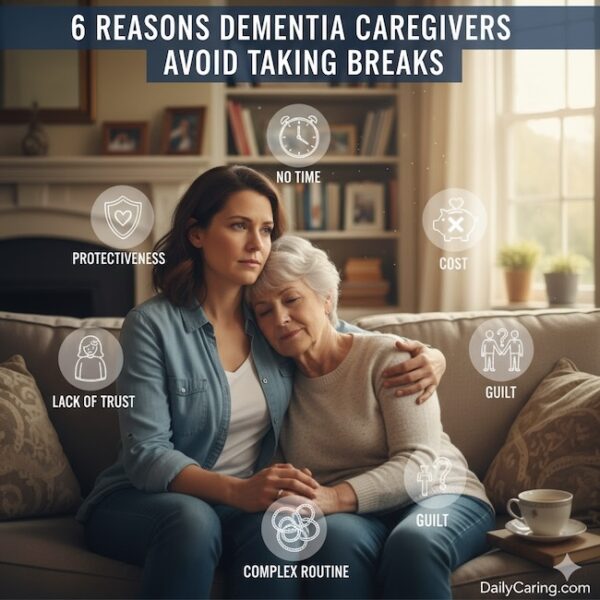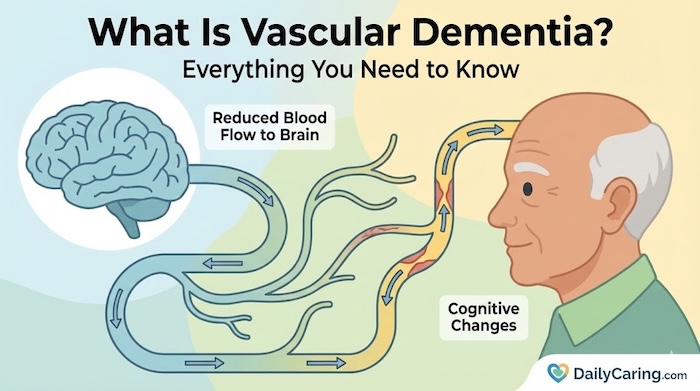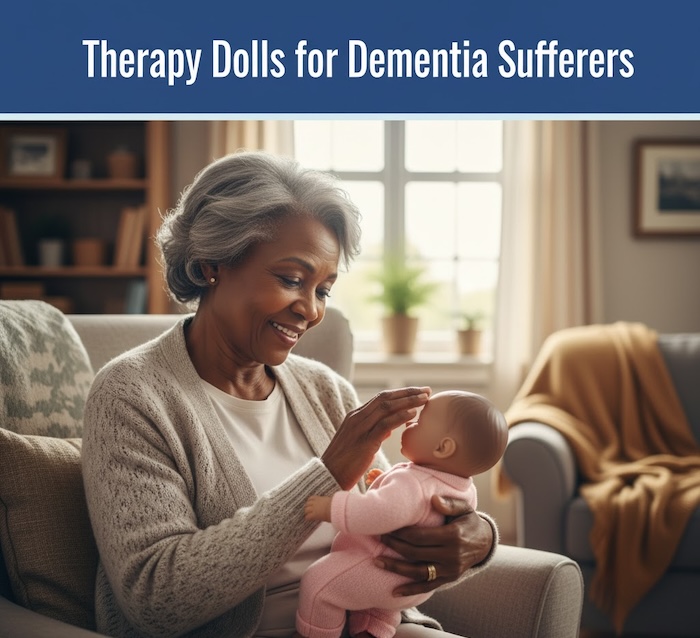If you've ever found yourself thinking, “I can't take a break, no one can care for them like I can,” you are holding a heavy truth shared by countless dementia caregivers.
This belief, while born of deep love and dedication, is one of six common excuses that can quietly lead to burnout, resentment, and a decline in the quality of care you can provide.

You are not being selfish for needing to recharge; you are being human. Let's gently dismantle these six barriers, not as criticisms, but as a compassionate first step toward building a more sustainable and resilient caregiving journey—for both you and your loved one.
Many Dementia Caregivers Avoid Asking For Help
“I can manage fine without a break.”
“I can’t find affordable help.”
“Nobody looks after her as well as I can.”
Have you ever said these things to yourself?
Caring for someone with Alzheimer’s disease or dementia is a tough job that comes with a great deal of stress.
So what’s the best way to lower caregiver stress? Getting help so you can take regular breaks to rest and recharge.
But many caregivers avoid seeking help.
They may use excuses or rationalizations to justify an unrealistic decision to handle things on their own.
In her article at HuffPost, Paula Spencer Scott, an experienced Alzheimer’s caregiver, shares six examples of excuses that we often tell ourselves – and why we shouldn’t believe our own justifications.
These “reasons” only prevent us from getting the help we need and deserve.
She also explains why taking breaks, using services like adult day programs, and getting caregiving help make such a big difference.
We’ve summarized the key points from her article and added our own perspective and helpful resources.
6 Excuses that Prevent Dementia Caregivers from Taking Breaks
1. “I can manage fine without a break.”
Many dementia caregivers insist that they don’t need breaks at all. This is a noble goal, but it isn’t realistic.
Every human needs breaks from any job to rest and recharge, and caregiving is no exception.
Not taking breaks quickly leads to caregiver burnout. Being “on” all the time increases stress, frustration, and resentment, and worsens overall health and well-being.
Studies in the American Journal of Geriatric Psychiatry and from Pennsylvania State University showed that levels of key stress hormones in family caregivers improved immediately after taking a break.
Their bodies had a chance to recover from the stress. And not surprisingly, their moods improved as well.
2. “It causes me more stress to get her there.”
When caregivers are told about options like adult day programs, a typical response is that the stress of getting their older adult there would outweigh the benefits of the break.
That’s not true. Studies have shown that it’s not more stressful to get someone to and from a day program than not to use it at all.
The benefits of taking time away from caregiving are significant for health (and far outweigh the hassle of transportation).
It also enables you to keep going for the long term.
3. “It’s just babysitting.”
You might think that an adult day program or other respite program isn’t worth the cost because they’re only getting supervision.
But most programs are staffed by kind-hearted professionals and offer engaging activities.
Of course, the quality of each program will vary, so it’s a good idea to observe a few to find one you like.
Plus, being social and interacting with more people is often beneficial for someone with dementia.
4. “My mom will never go for it.”
Many caregivers say that their older adult would never consider attending a day program.
Sometimes it’s all about the way you present the idea, and in other cases, you’ll have to force them to try it out for a few weeks.
Many older adults are open to the idea of attending a “club” or an “occupational therapy program” recommended by the doctor.
In other cases, older adults initially have to be forced to participate under protest, but after time to adjust, they end up really enjoying the activities and the added social interaction.
5. “I can’t find affordable help.”
Low-cost or free services for people with dementia aren’t always easy to find.
But it can be well worth the effort to search for helpful programs in your area.
Start with these organizations:
- The local Area Agency on Aging (they’ll connect you to a variety of community programs)
- The National Adult Day Services Association
- The Eldercare Locator
Another thing to consider is asking family or friends to help.
It may seem like a hassle to arrange, but the stress-relieving benefits you’ll get will far outweigh the inconvenience or effort.
For example, if a friend can keep an older adult company while you run errands or visit your own doctor, that’s a huge help.
Or consider hiring a companion to do activities with your older adult or to sit with them a few hours each week.
Local community service and faith organizations may also have volunteer programs that involve visiting with older adults, giving you time to take a nap or get coffee with a friend.
6. “Nobody looks after her as well as I can.”
You indeed know older adults best – and have created care routines that keep them safe, comfortable, and happy.
But you’re not looking for someone to replace you completely, you’re just looking for help so you can get a little time to recharge.
It’s very common to experience guilt and anxiety around having someone else care for an older adult.
To help you get used to the idea, focus on the long-term benefits you’ll gain and the added social interaction your older adult will get.
And remind yourself that it’s not selfish to take breaks. It’s how you’ll keep yourself healthy enough to keep being a caregiver for the long haul.
In fact, taking regular breaks helps you recharge your patience and creative problem-solving abilities – which benefits both you and your older adult.
Final Thoughts About Dementia Caregiver Breaks
Prioritizing your own respite is not a detour from your caregiving duties; it is the very path that allows you to continue. Letting go of these excuses is an act of profound strength, not a surrender. A well-rested, replenished you is a more patient, present, and effective caregiver.
Start small. Identify just one excuse that resonates most, and take one practical step to challenge it this week. You are your loved one's most vital resource, and protecting your own well-being is how you protect them. Grant yourself the same compassion you so freely give to others.
Recommended for you:
- 6 Ways to Make It Easier for Caregivers to Take a Break
- 10 Ways for Caregivers to Take a Quick Break
- Find Local Respite Care to Get a Break From Caregiving
About the Author

Connie is the founder of DailyCaring.com and was a hands-on caregiver for her grandmother for 20 years. (Grandma made it to 101 years old!) She knows how challenging, overwhelming, and all-consuming caring for an older adult can be. She also understands the importance of support, especially in the form of practical solutions, valuable resources, and self-care tips.














How important, or is it important at all to have structure for your parent? Bedtime time to dress for be, time to get up, etc.
That’s a great question. As someone loses control over their physical abilities, independence, or cognitive abilities, their world becomes filled with more and more unknowns. And if their days are unstructured and unpredictable, that can add more stress.
Having a regular daily routine can help both seniors and caregivers. Everyone knows what to expect and there’s no need to think or worry about what will happen next.
Following a daily routine can reduce stress, increase the feeling of security, and improve sleep. That helps your older adult (and you) feel healthier and happier.
We’ve got more information here – Why a Daily Routine Is Important for Seniors: 3 Top Benefits https://dailycaring.com/why-routine-is-important-for-seniors/